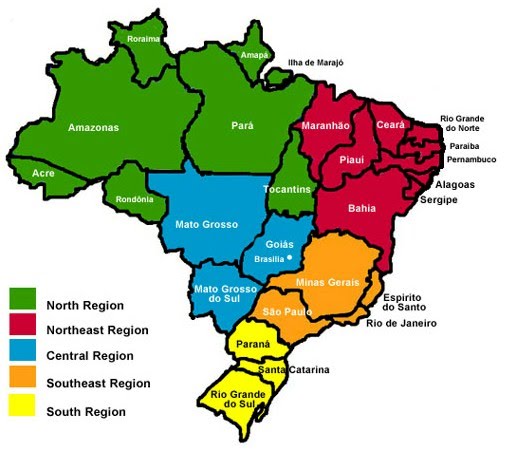RIO DE JANEIRO – For foreigners who live in the region, it is no secret: the three southernmost Brazilian states – Paraná, Santa Catarina, and Rio Grande do Sul – consider themselves ‘almost’ Europeans.
Much more than residents of other states in this country of continental dimensions, they closely observe the old continent and quickly adopt trends that manifest themselves there, such as organic farming.

According to the study “Geographic variation in the occurrence of registered organic corn producers in Brazil” which is based on data from the National Registry of Organic Producers (CNPO), an agency linked to the Ministry of Agriculture, Livestock, and Supply (MAPA), more than half (56%) of the country’s 22,427 Brazil’s organic corn producers are concentrated in the country’s small southern region.
This is followed by the Southeast with 23.98% (1,645 producers) and the Northeast with 13.95% (957 producers). The Midwest and North regions identified fewer than 5% of the country’s registered organic corn producers (3.83% and 1.47%, representing 263 and 101 producers, respectively).
The market for organic products is growing in Brazil.
“Corn represents an important crop for human and animal nutrition, and the trend toward conscious food consumption has implied a demand much higher than the supply. However, common national information on the geographical location of organic corn producers in Brazil is scarce, so we conducted this survey at the national level,” explains researcher Elena Charlotte Landau of Embrapa Corn and Sorghum.
In 2019, there was an increase of 46.4% compared to 2018, and already in 2020, the increase was 90% compared to 2019.
“It is an early cycle variety recommended for family farming and can be adapted to the country’s main regions. It has good yields in organic production,” she says. Other institutions have also invested in researching corn seed for organic cultivation.
In addition to the interest of green corn growers, there is a growing demand from dairy, meat, poultry, and egg production chains that require organic raw materials to obtain certification for their products.
With information from Embrapa

